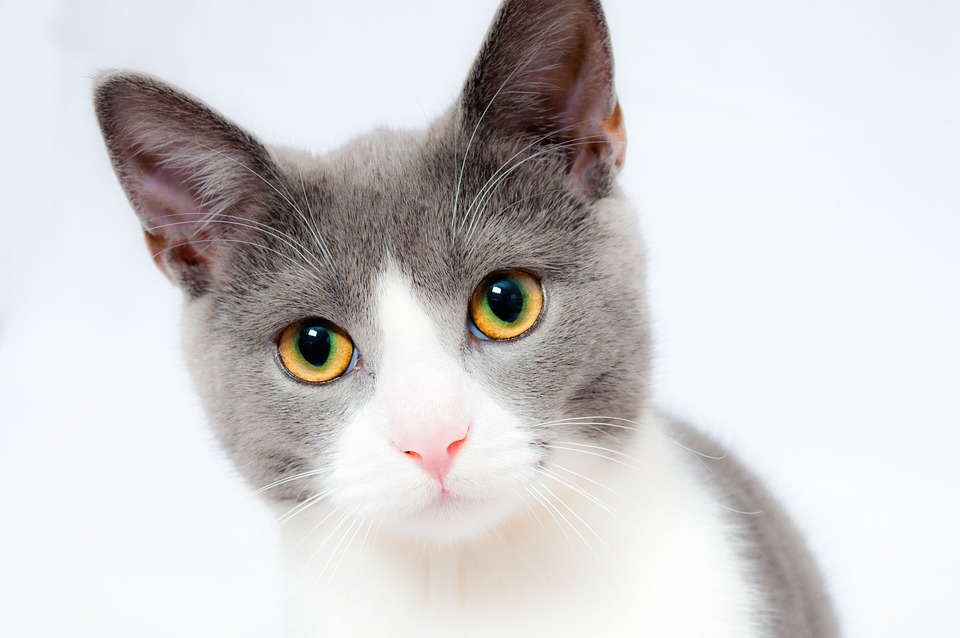Introduction:
As a cat owner, it’s essential to prioritize not only your cat’s well-being but also your own. Stress can take a toll on your mental and physical health, affecting your ability to provide the best care for your feline companion. In this article, we will explore 10 effective stress management techniques specifically tailored for cat owners, ensuring a harmonious and peaceful environment for both you and your beloved pet.
1. Establish a Routine:
Creating a structured daily routine for your cat helps establish a sense of stability and predictability, reducing stress for both you and your feline companion. Set regular feeding times, play sessions, and grooming routines.
2. Provide Enrichment Opportunities:
Cats are natural hunters and need mental stimulation to thrive. Offer interactive toys, puzzle feeders, and scratching posts to keep their minds engaged. This not only benefits your cat but also provides you with a break from stress-inducing behaviors, such as furniture scratching or excessive meowing.
3. Practice Mindful Playtime:
Engaging in interactive play sessions with your cat is a fantastic stress-reliever for both of you. Use wand toys or laser pointers to mimic prey-like movements, allowing your cat to exercise their natural instincts while providing a fun and bonding experience.
4. Create a Calming Environment:
Ensure your cat has a safe and peaceful space by providing cozy hiding spots, comfortable bedding, and vertical spaces like cat trees. Consider using calming pheromone diffusers or soft background music to create a serene atmosphere for both of you.
5. Find Time for Yourself:
Carve out moments in your day to engage in activities that bring you joy and relaxation. Whether it’s reading a book, practicing yoga, or indulging in a hobby, taking care of your own well-being is crucial in managing stress.
6. Seek Support from Fellow Cat Owners:
Connect with other cat owners through online forums or local community groups. Sharing experiences, tips, and challenges can alleviate stress and help you realize you’re not alone in your journey as a cat owner.
7. Practice Breathing Exercises:
Deep breathing exercises can help calm your mind and reduce anxiety. When you feel overwhelmed, take a few minutes to focus on your breath. Inhale deeply through your nose, hold for a few seconds, and exhale slowly through your mouth. Repeat as needed.
8. Utilize Technology:
Take advantage of technology to simplify your cat care routine. Automated feeders, self-cleaning litter boxes, and remote monitoring cameras can help reduce stress and provide peace of mind when you’re away from home.
9. Maintain a Healthy Lifestyle:
Proper nutrition, regular exercise, and sufficient sleep are essential for both you and your cat. A healthy lifestyle promotes overall well-being, making it easier to manage stress effectively.
10. Consider Professional Help:
If stress becomes overwhelming and starts affecting your daily life, don’t hesitate to seek professional help. A therapist or counselor can provide valuable guidance and support in managing stress and improving your mental health.
FAQs:
Q: Can stress affect my cat’s behavior?
A: Yes, cats can be highly sensitive to their owners’ stress levels. If you’re stressed, your cat may exhibit changes in behavior, such as aggression, excessive grooming, or withdrawal.
Q: Can stress cause health issues in cats?
A: Prolonged stress can weaken a cat’s immune system, making them more susceptible to various health issues such as urinary tract infections, digestive problems, and skin conditions.
Q: How can I tell if my cat is stressed?
A: Signs of stress in cats include excessive grooming, changes in appetite, hiding, increased vocalization, aggression, litter box issues, and overly clingy behavior.
Q: Are there any calming products for cats?
A: Yes, there are several calming products available, such as pheromone diffusers, herbal supplements, and anxiety-reducing collars. Consult with your veterinarian to determine the most suitable option for your cat.
Q: How long does it take for stress management techniques to show results?
A: The effectiveness of stress management techniques can vary from cat to cat. Some cats may show immediate improvement, while others may take longer to adjust. Consistency and patience are key.
Conclusion:
By implementing these 10 effective stress management techniques, you can create a harmonious and stress-free environment for both yourself and your beloved feline companion. Remember, taking care of your well-being is just as important as providing the best care for your cat. Together, you can navigate any challenges that come your way with ease and grace.








